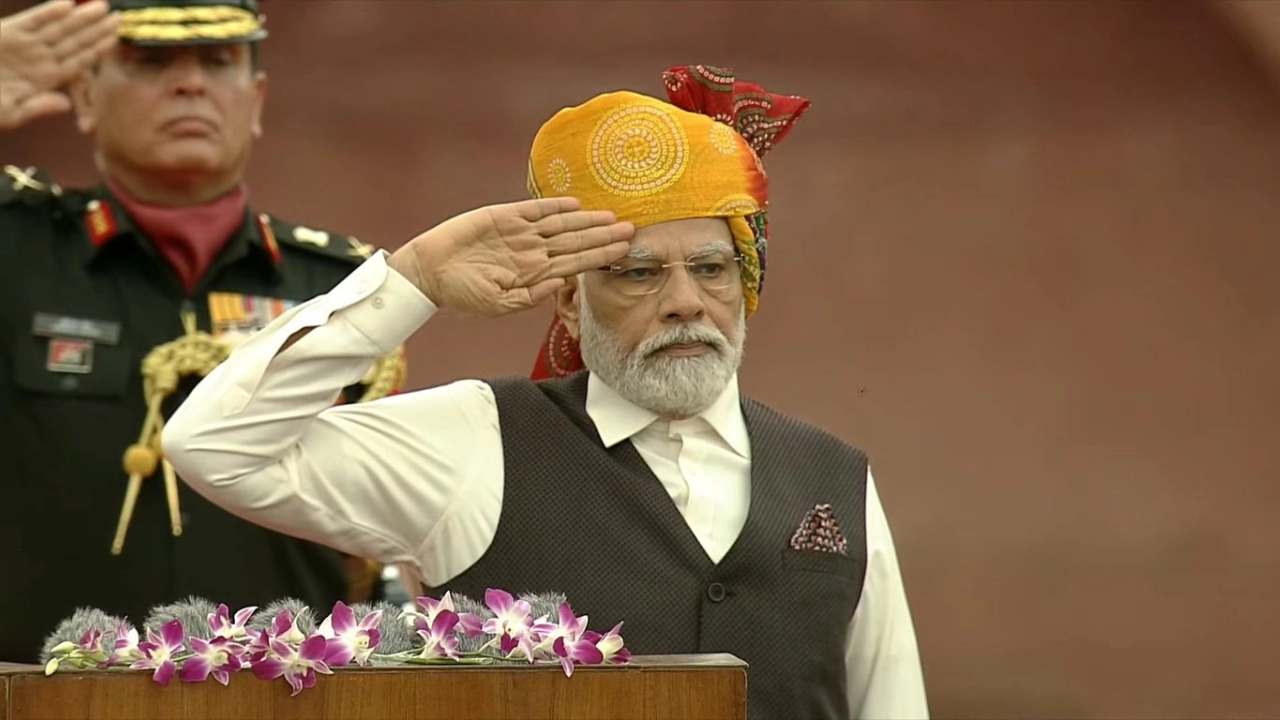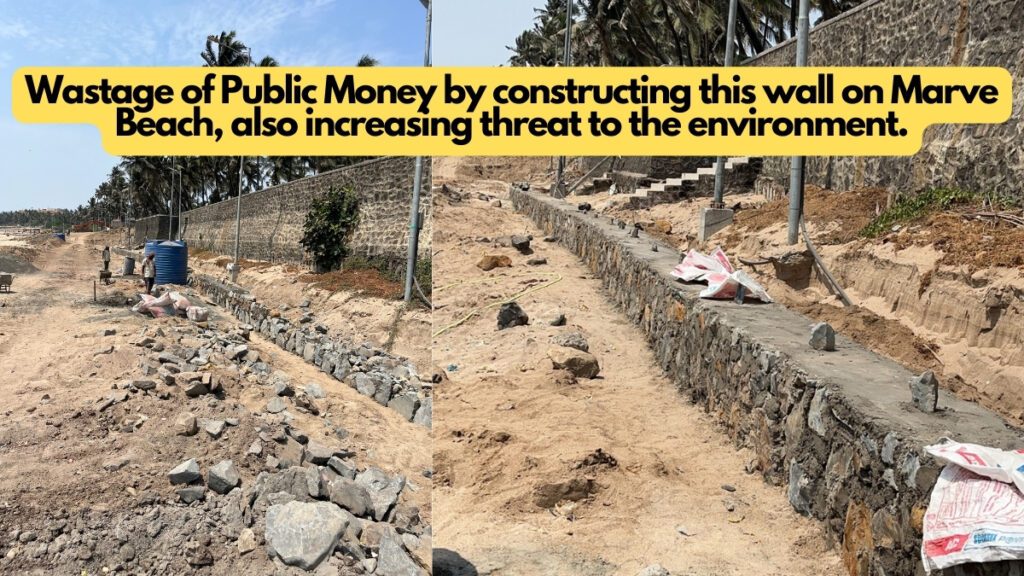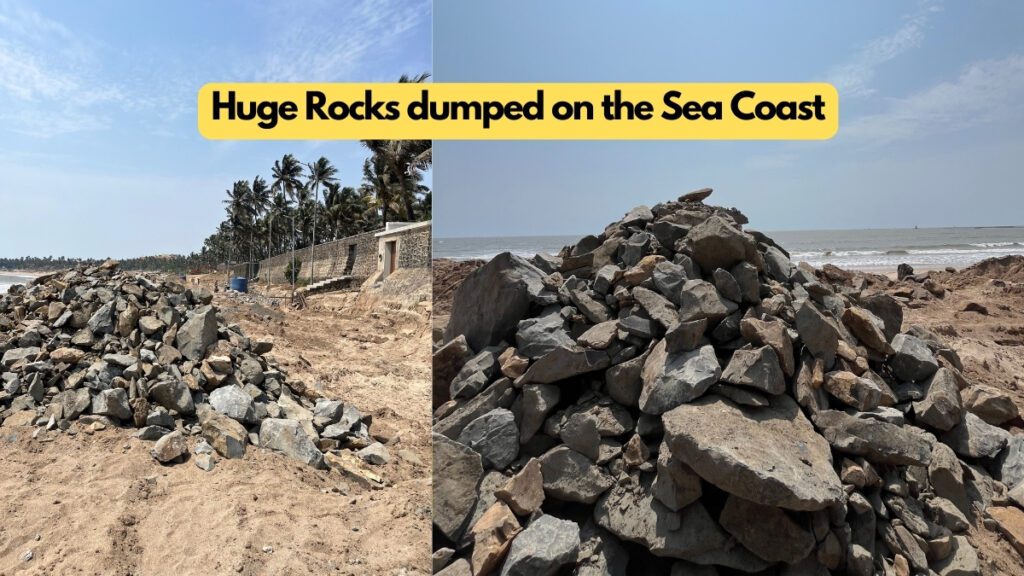Vishwa Thacker – Mumbai Uncensored, 25th February 2022
The hottest news all around the world today is Russia’s invasion of Ukraine. There are as many opinions as there are people on what stand India should take in this conflict.
Why is India silent? On what side will India stand if war really becomes inevitable? Well, no one can quite predict the answers to these questions yet. But what we can do is, look at the relations between these three countries, and how we go way back with them.
Relations between India and Russia
We have bilateral relations with Russia. After the disintegration of the Soviet Union between 1988-1991, India maintained a cordial relationship with Russia and shared a special relationship. This is termed as a “special and privileged strategic partnership”.
Our relationship with Russia covers five areas: defence, anti-terrorism cooperation, politics, space and civil nuclear energy. Both countries are also working towards a free trade agreement. Bilateral trade between us shot up to 24% in 2012.
India is heavily dependent on Russia for its military supplies. 60% to 70% of our military hardware comes from Russia. A BBC World Service Poll of 2014 says that more than 85% of Russians view India positively.
Relations between India and Ukraine
In January 1992, India established diplomatic relations with Ukraine. In 1992, India established an Indian embassy in Kyiv and Ukraine established theirs in New Delhi in February 1993.
After Russia, Ukraine is our second-largest trade partner. Between 2003-2005, there has been a 3x increase in our trade with Ukraine.
We have signed more than 17 bilateral agreements with Ukraine which covers areas of Cooperation in Space Research, Avoidance Of Double Taxation and Promotion, Protection of Investments etc.
Even when Ukraine was a part of the Soviet Union, India enjoyed friendly political relations with Ukraine. We have been positively cooperating with each other at international levels. Ukraine supports India on the resolution of the issue of J&K on the basis of the Simla Agreement.
India is worried about its 20,000 students and nationals who live in Ukraine.
What happens if India supports Ukraine?
After the disintegration of the USSR, Russia and China have maintained positive relations. In 2001, both countries signed the Treaty of Good-Neighborliness and Friendly Cooperation, a treaty with economic and military cooperation.
Both countries, as of 2019, felt serious grievances with the United States. Chinese relations with the USA were tense because of the matter of control of the South China Sea, trade policies, and technology policy.
As for Russia, it is upset about severe economic penalties imposed by Europe and the USA for Russia’s seizure of Ukraine’s Crimea.
Both countries enjoy an informal agreement to coordinate economic and diplomatic moves and they’ve successfully built an alliance against the USA.
It is common knowledge that China and India have conflicted on border issues resulting in three military conflicts – the Sino-Indian War of 1962, the border clashes in Nathu La and Cho La in 1967, and the 1987 Sumdorong Chu standoff.
In 2013, these issues re-emerged. In 2018, there was a dispute at the Doklam plateau along the disputed Bhutan-China border. In 2020, we lost 20 soldiers in the Galwan valley.
If there is a full-fledged war, and India supports Ukraine, there are high chances we’ll fight with our border enemy China.
What happens if India supports Russia?
As established above, China and the USA do not see eye to eye. Since 1949, their relationship has been complex. Under the rule of former President Donald Trump, the relationship deteriorated regarding the issues of China’s militarization of the South China Sea.
Soon after, the US launched a trade war and prohibited US companies from trading in Huawei. By May 2020, the relationship worsened as both countries recruited allies against each other and guilt-tripped for the COVID-19 pandemic.
As for Ukraine, the USA is a friend. It supported Ukraine’s bid to join NATO in 2009. Ukrainians view the USA positively according to surveys. More than 33% of the Ukrainian population approves of the leadership of the US.
If war becomes inevitable, there are chances the US will side with Ukraine.
If losing millions of people in World War 1 and 2 taught us anything, it is that we do everything to prevent such a huge life loss and mass destruction.



 Health3 weeks ago
Health3 weeks ago


 Special Editions2 months ago
Special Editions2 months ago


 Special Editions1 day ago
Special Editions1 day ago


 Special Editions1 day ago
Special Editions1 day ago


 Special Editions1 day ago
Special Editions1 day ago

















